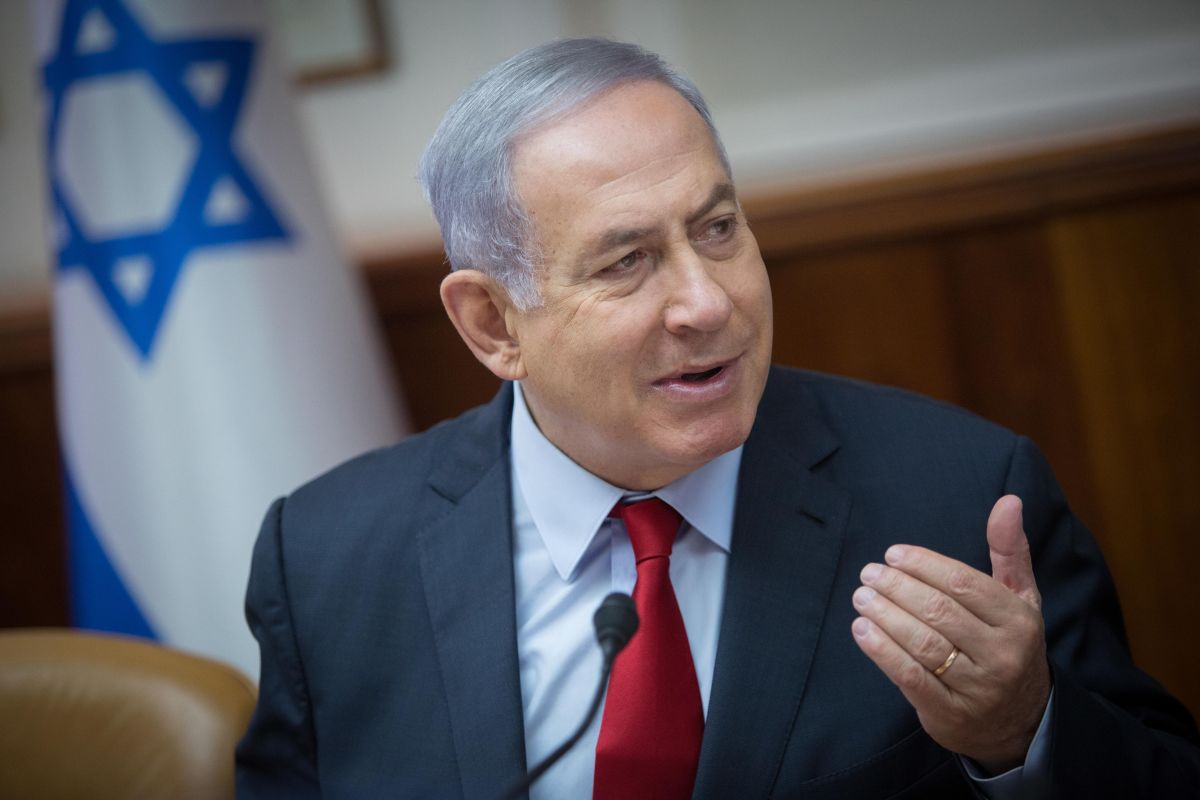The political deadlock in Israel has ended after a year with Sunday’s parliamentary approval of Benjamin Netanyahu’s “new unity government”, so-called.
While the administration of Netanyahu-Benny Gantz is expected to be united within the boundaries of Israel, it is the Palestinian question that will almost certainly fester ~ as it historically has ~ and now not the least in the context of the US-inspired West Bank annexation.
The Prime Minister’s decision to share power with his former rival, the centrist Blue and White leader, Benny Gantz, opens the way for Netanyahu to proceed towards the pledged annexation of parts of the occupied West Bank.
Specifically, land that Palestinians seek for a state. Historically, territorial annexation has led to conflicts, when not a humanitarian crisis.
From Afghanistan to Israel, the need for governance has been the compelling imperative in two fractured parts of the world. Jerusalem will be home to a government after no fewer than three inconclusive elections. The conservative Netanyahu will remain Prime Minister for 18 months before handing over power to his new partner.
Gantz, a former armed forces chief, will be Netanyahu’s defence minister and “alternate Prime Minister”, a new position that Netanyahu will hold when Gantz takes the helm.
By assuming “alternate” premiership once he hands over authority to Gantz, Netanyahu hopes to avoid having to resign under legal rules that allow a Prime Minister to remain in office even if charged with a crime.
The new arrangement has been formulated with good intentions, but the Prime Minister’s trial for corruption will be but one red herring across the trail. Israel’s longest-serving leader, Netanyahu, now 70, first came to power in 1996 and has served three consecutive terms since 2009.
He goes on trial on May 24 on charges of bribery, breach of trust and fraud, which he denies. This is the inherent disgrace at the threshold of the new unity government.
“The people wanted unity, and that is what it got,” Netanyahu told Parliament,
citing a desire to steer clear of a fourth election and the need for a national battle against the coronavirus crisis. Netanyahu can now push forward his plan to extend Israeli sovereignty to Jewish settlements and the Jordan Valley in the occupied West Bank, indeed territory Palestinians want for their own independent state.
But while he has set July 1 as a starting point for cabinet discussions on the bitterly contentious issue, there is no deadline for annexation of land that Israel captured in the 1967 Middle East war.
Palestinians have furiously opposed such a move, urging international sanctions against Israel in response. It will certainly heighten tensions in the West Bank and Gaza. “These colonial and expansionist positions confirm once again Netanyahu’s ideological enmity towards peace,” was the response of the Palestinian foreign ministry on Sunday.
The issue is so contentious that the perceived unity could turn out to be fragile. The contradiction in terms is unavoidable.











